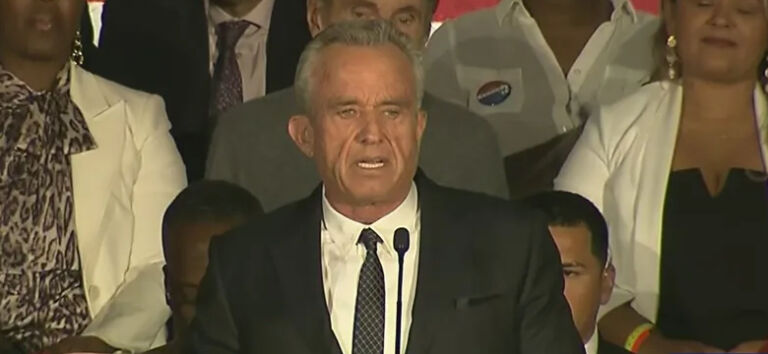This weekly newsletter, focused on environmental issues, highlights relevant analysis done by the John Locke Foundation and other think tanks, as well as items in the news.
1. December is over — and the Brits are darn glad it is
The data are in, and December 2010 was the second coldest in the history of British record keeping. And Britain has the longest temperature record in the world, dating back 352 years. This article by Joe D’Aleo and Art Horn and published by the Science and Public Policy Institute tells the story. According to the authors
December was indeed a December to Remember (or for many, to forget!) with widespread cold and snows. The Central England Temperature record is one of the longest continuous temperature records in the world extending back to the Little Ice age in 1659. December 2010 was the Second Coldest December Temperature in the entire record (352 years) with an average of -0.7C just short of the record of -0.8C recorded in December 1890.
The graph below from page 3 of the report tells the 350-year story:

2. Ethanol subsidies as an attack on consumer choice
This article in the Freeman online by Frostburg State (Maryland) economist William Anderson explains why ethanol subsidies are a direct assault on consumer choice. Anderson’s explanation is worth quoting at length:
By freely choosing goods via a system of mutual exchange, consumers direct resources from lower value to higher value uses. … Corn has many uses, from straight food … to being the most important ingredient for Jack Daniel’s Tennessee Whiskey. … Corn also is used to make many other things, from sweeteners to decorations to animal feed.
So decisions must be made about where to direct corn. For example, behind our property is a 100-acre farm where a farmer grows corn to feed his beef cattle. For him that is the best use of the factors of production (and the corn itself), and as long as consumers continue to purchase his beef (at prices that support his operations), he will direct corn to that end.
When the discussion turns toward corn as the key ingredient in an alcohol-based fuel, the question is: Do consumers wish to purchase this fuel when they have other alternatives? Indeed, they already have the choice of gasoline, which is petroleum-based and performs better in most internal combustion engines. …
[C]onsumer choice expressly points toward gasoline…First, oil companies can make a profit selling gasoline at less than $3 a gallon…Second, it is impossible for companies that produce ethanol to make a profit selling a gallon for $3. (While ethanol hardly qualifies as premium whiskey, nonetheless it is instructive to note that a gallon of Jack Daniel’s would sell for about $80. Even an inferior corn-based whiskey certainly would sell for more than $3 a gallon. )
What does this mean? Consumers have shown they are willing to pay a lot of money for a corn-based alcoholic drink but not willing to pay enough for a gallon of alcohol fuel to make a profit for the producer.
3. The pandering, unprincipled Newt Gingrich
Speaking to the Renewable Fuel Association annual summit, the former House Speaker and probable GOP presidential candidate disputes Anderson’s economics — apparently denying the economic principle of opportunity costs. In his talk to the group, Gingrich states that, "This is why the people who talk about food versus fuel are just plain, flat wrong. It is factually untrue."
Apparently Gingrich has as strange understanding of both economics and physics, because the only way for his assessment to be true is that the same ear of corn would have to be able to be used for both a gallon of ethanol and a box of cornflakes. As Brian McGrew over at the OpenMarket.org blog states:
[Gingrich] engages in the usual pandering to the farm state promoting policies that are fiscally irresponsible and destructive towards America. Unfortunately, this pandering has been shown to be widely successful in helping launch presidential campaigns.
Click here for the Environmental Update archive.


